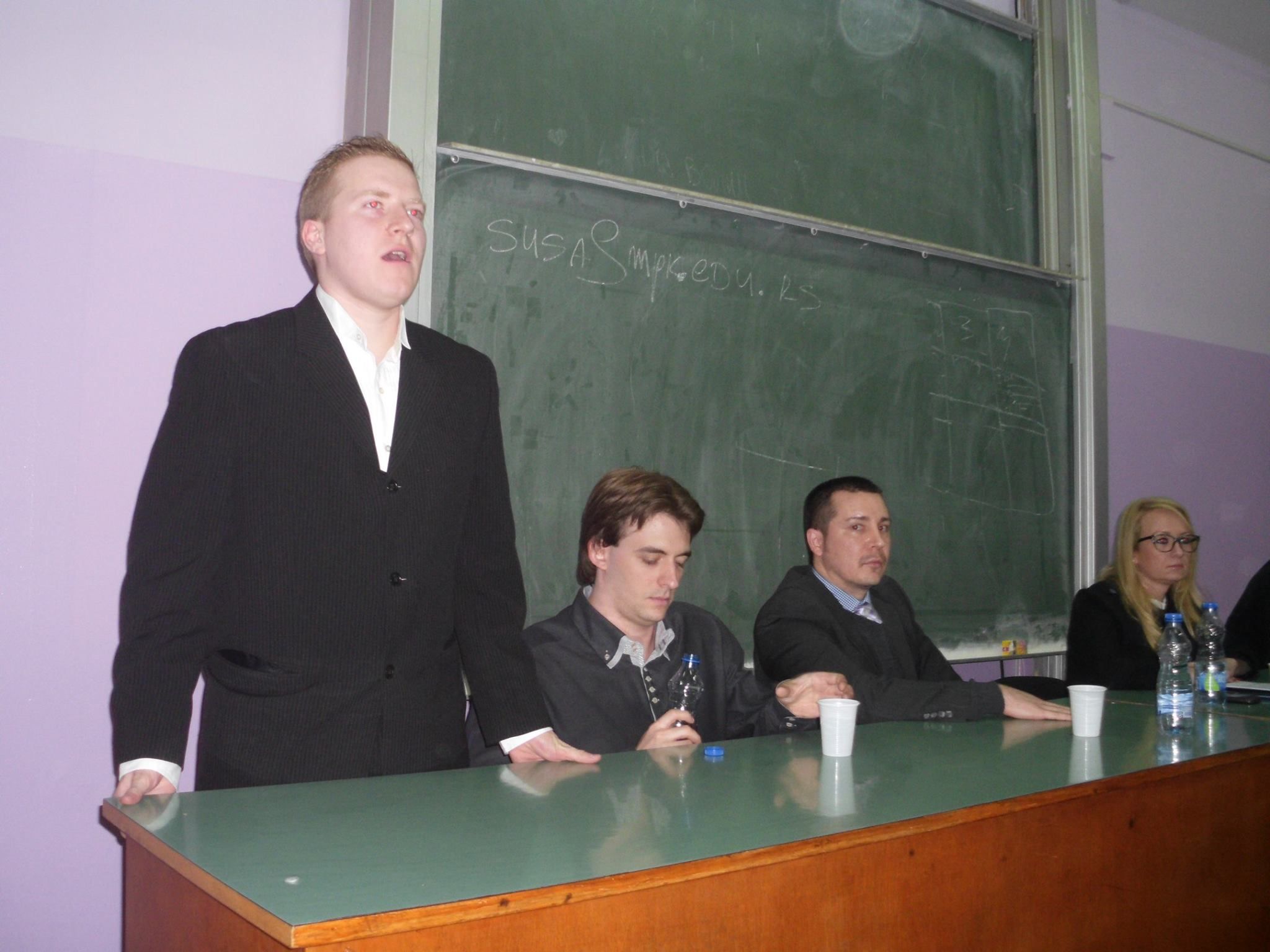The Migrant Crisis And Its Impact On Europe
By Dragana Trifkovic
The beginning of the migrant crisis
The previous year was marked in particular by the migrant crisis, i.e., the migrations of peoples on a scale unprecedented in recent history, or more precisely since the end of the Second World War. In considering the causes and consequences of this crisis, it is necessary to recall that the waves of refugees from the Middle East were preceded by the migration of Albanians from the territory of Serbia, Kosovo and Metohija to the EU and Germany in particular at the end of December 2014 and the beginning of 2015. In that case, however, there were not enough emergency bus lines to take all interested Albanians from Pristina to Subotica, i.e., the Hungarian border. According to some data, within three months 30,000 Albanians migrated from the southern province of Serbia to the countries of the EU.
What Serbian and foreign media interested in finding out what prompted Albanians to move en mass to the EU is of interest at this point. According to migrants who answered questions posed by journalists while waiting for buses at Pristina station, poverty and the uncertain future of Kosovo and Metohija were the main causes for migration. These Albanians told journalists that they had heard that good conditions were being offered for asylum seekers in Germany, France, and Switzerland.



